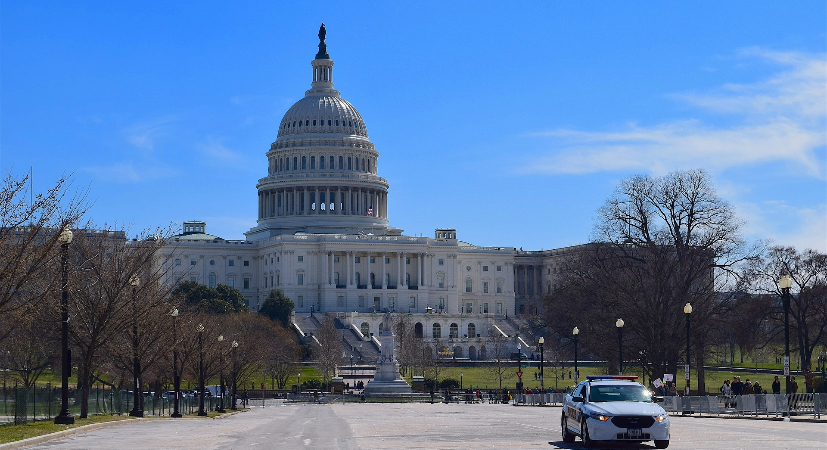
If the headline for this article was confusing, just wait until you hear more on this legislation from Sen. Amy Klobuchar (D-MN). S. 673, or the Journalism Competition and Preservation Act of 2022 (JCPA), is legislation that seeks to allow multiple news publications to force arbitration on payments for content displayed on online platforms like Twitter, Facebook, and Google.
Some lawmakers are trying to sneak JCPA into the final compromise version of the annual National Defense Authorization Act (NDAA). The NDAA sets the funding levels for the military, authorizes spending on specific defense programs, and establishes the budget and priorities of the entire United States military. Given the many priorities of the U.S. military around the world, some might ask why a journalism bill may get attached to the NDAA.
The answer is that senior leaders in Congress want to force it through the process without much scrutiny, despite numerous concerning provisions.
For instance, while JCPA’s definition of “qualifying publication” has restrictions on employee counts, the definition of “eligible publishers” does not. So under this legislation, an entity that controls multiple “qualifying publications,” and could potentially have tens of thousands of employees, could conceivably control a “joint negotiation entity” by itself and enter into negotiations with online platforms.
This legislation also creates an overly restrictive binding arbitration process that would keep arbitration panels from even considering “any value conferred upon any eligible publisher by the covered platform for distributing or aggregating its content as an offset to the value created.” A fair arbitration process would not block such information.
Furthermore, this legislation could provide a boost to trial lawyers with language allowing for a private right of action. If an online platform doesn’t “conduct negotiations in good faith” or does not “extend a reasonable offer,” then trial lawyers can collect “the value of the last reasonable offer of the plaintiff if the defendant did not conduct negotiations in good faith.” There are also numerous limits on “nondiscrimination” against digital journalism providers, which curtails the ability of platforms to change any aspects of how publishers’ content is displayed once they have entered into negotiations.
In theory, based on how this legislation is written, once a publisher joined a negotiating entity, they would become immune to the platform’s ability to control their content, regardless of its potential danger to society. That’s because the bill uses an overly broad definition of retaliation which includes “refusing to index content or changing the ranking, identification, modification, branding, or placement of the content of the eligible digital journalism provider.” Meanwhile, other parts of this legislation restrict negotiations from touching on how a platform: “displays, ranks, distributes, suppresses, promotes, throttles, labels, filters, or curates the content of the eligible digital journalism providers.” Enforcing this expansive notion of retaliation, could require platforms to either open their algorithms to scrutiny, releasing trade secrets in the process, or prevent any movement at all from the search rankings once these organizations become part of collective negotiations.
Though it has passed through committee, the JCPA has several critical deficiencies in its design and should not be attached to a must-pass bill like the NDAA. While it might not be Sen. Klobuchar’s most concerning antitrust bill, this troubling legislation should be enough to demonstrate that Sen. Klobuchar should not be leading any antitrust efforts in the Senate.

